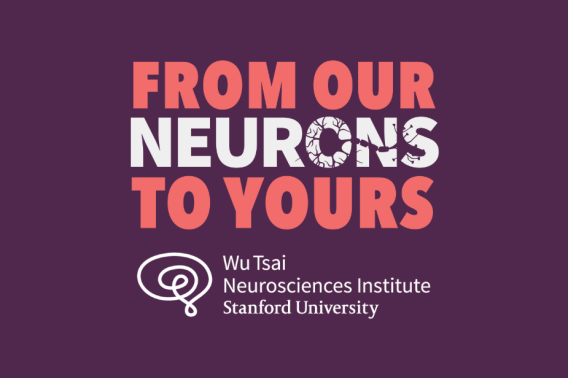Project Summary
Alzheimer's disease (AD) is the most common type of dementia affecting >6,000,000 Americans, a number that is expected to double by 2050. The multifactorial nature of this progressive neurodegenerative disorder has hindered quests for disease-modifying therapies. We propose a new line of research whose goal is to examine the druggability of a protein-protein interface involving ApoE, an apolipoprotein whose gene variants represent the strongest genetic risk factor for AD. Our proposal is motivated both by the need to better understand the consequences of AD-causing APOE variants for lipid transport and metabolism in the brain while also dissecting the binding site of CS-6253, an experimental AD medicine that mimics the binding of ApoE to ABCA1, also a disease-associated protein. Our specific aims are to solve the protein structure of CS-6253 bound to ABCA1 and to use the resulting insights to design experiments that shine new light on the essential role of the ABCA1 transporter in transferring phospholipids and cholesterol to extracellular ApoE.
Project Details
Program:
Funding Type:
Seed Grant
Award Year:
2023
Lead Researcher(s):


